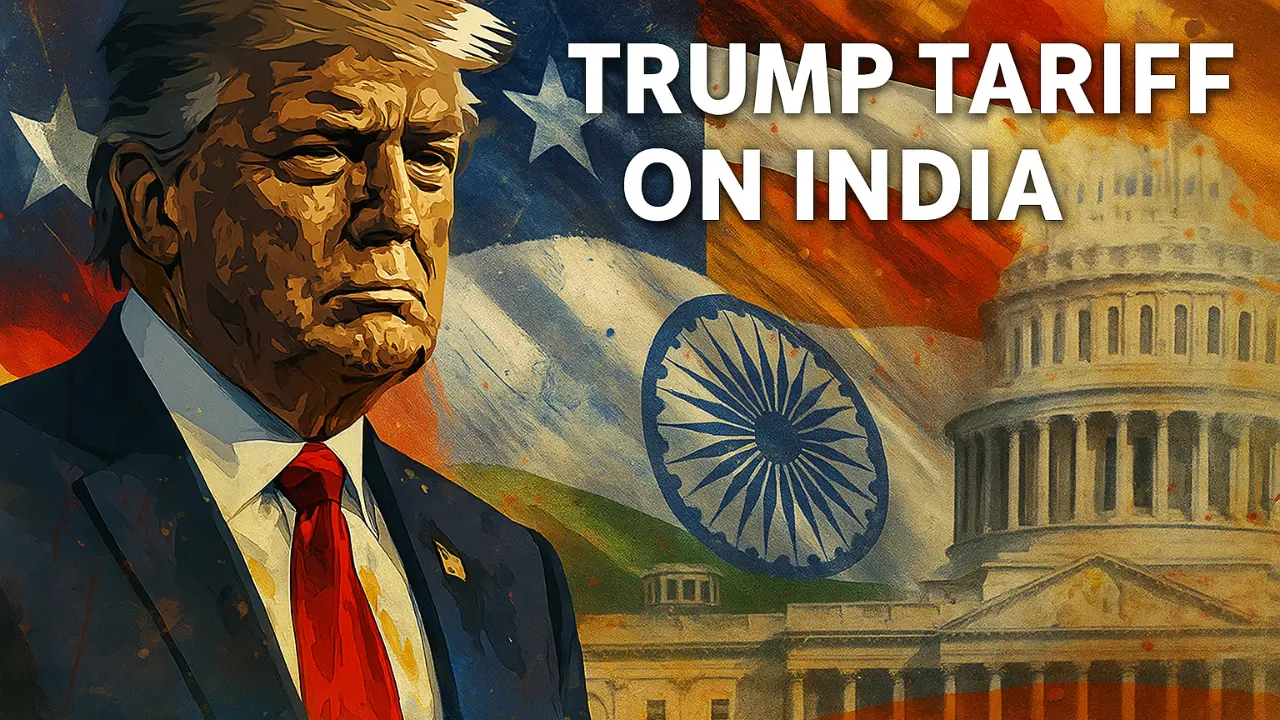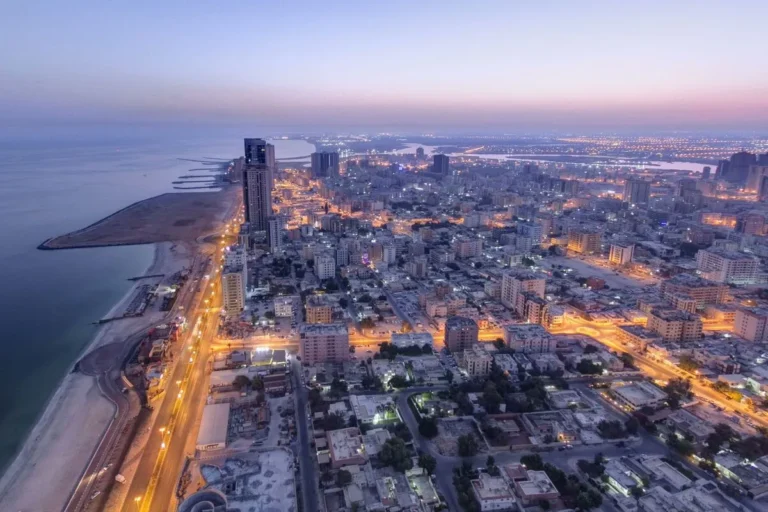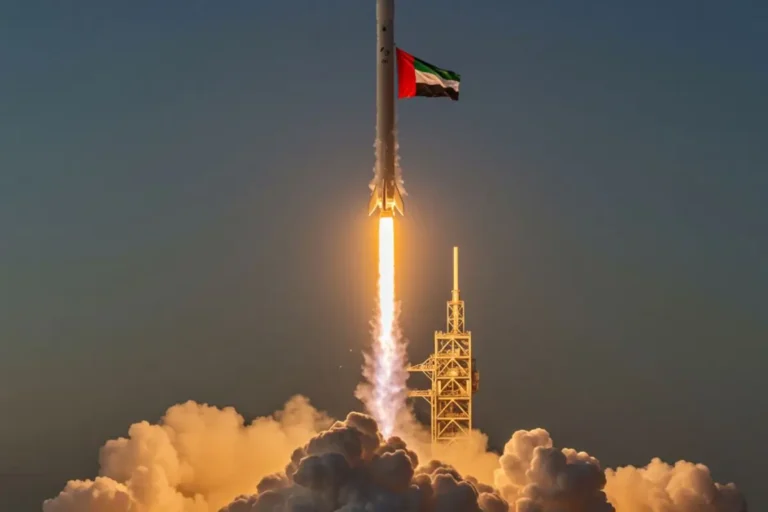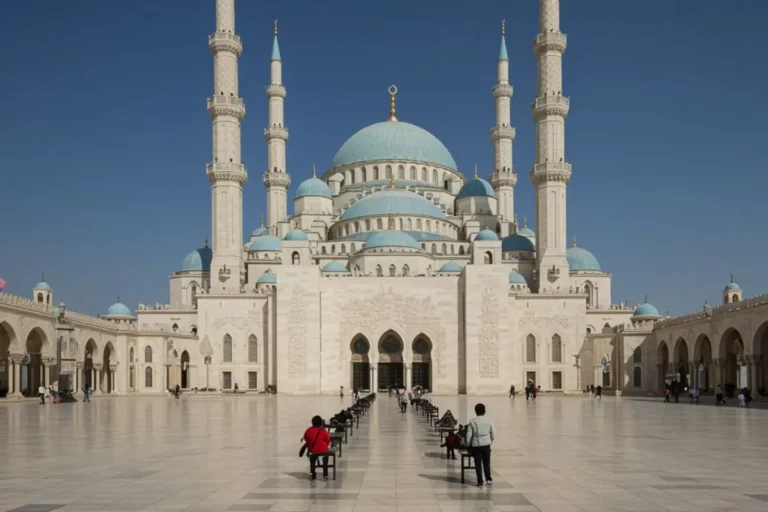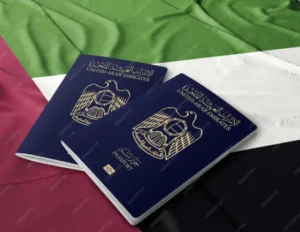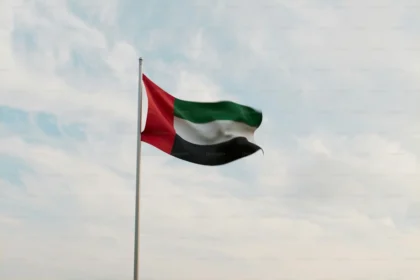August 7, 2025 | Dubai, UAE – The issue of Trump tariff on India is on top of global conflicts right now. U.S. President Donald Trump imposed additional tariffs of 25 percent on Wednesday. The reason behind the Trump tariff on India has been reported to be New Delhi’s continued purchase of oil from Russia, which acts as a major source of revenue for the war between Russia and Ukraine.
Trump Issues 25% Additional Duties for Trade With Russia
Trump tariff on India will be coming into effect in three weeks, with an additional 25 percent duty enforced on India on Thursday, according to the text issued by the executive order released from the White House, which also comes as a threat of potential penalties on other countries deemed to be importing oil supplies directly or indirectly from the Russian Federation.

However, there are exemptions for items targeted by separate, sector-specific duties such as steel and aluminium. The categories that could be hit include pharmaceuticals, among many others. Since the issuance of the Trump tariffs on India, the diplomatic pressure on India has been huge, following the renewed threat of imposing additional sanctions on Russia unless significant progress is made for a peace agreement with Ukraine by Friday. The ongoing conflict between Russia and Ukraine, triggered by Moscow’s brutal invasion, is still keeping the rest of the world concerned.
It was reported that India’s national security advisor was in Moscow on Wednesday, coincidentally overlapping with the visit of US envoy Steve Witkoff, according to Indian media sources. Meanwhile, New Delhi’s foreign ministry is resisting Washington’s persistent demands to discontinue the purchase of Russian oil. India has labelled the threats and pressure as “unjustified and unreasonable.” They also further emphasised that India would make decisions based on its alignment with its national interests and strategic priorities.
India’s Response To Trump Tariff Announcement
As a response to Trump tariff on India and the following accusations, the Ministry of Foreign Affairs of India has issued a six-point rebuttal, rejecting several claims made by America, as far as calling out the US and European Union’s (EU) hypocrisy.

To summarise, India’s statement in response to Trump tariff on India refuted claims of the US president’s mediation between India and Pakistan’s Conflict following the Pahalgam Attack. India also notes that the European Union, as well as the US, have had massive trade with Russia in the past two years, 2023 and 2024. The overall turnover was higher than India’s trade with Russia. In that case, targeting India is hypocritical.
“Where the United States is concerned, it continues to import from Russia uranium hexafluoride for its nuclear industry, palladium for its EV industry, fertilisers, as well as chemicals. In this background, the targeting of India is unjustified and unreasonable. Like any major economy, India will take all necessary measures to safeguard its national interests,” says MEA.
Push Of Brand India To Global Scale
Further to counter the global market volatilities and imposition of Trump tariff on India, the Government of India plans to launch a 20,000 Crore long-term initiative to protect its exporters. The plan is to launch the Export Promotion Mission initiative by September. The initiative will include measures to improve the accessibility of export credit and address the non-tariff barriers in cross-border business.

The initiative, which is a joint effort by the commerce and industry, MSME, and finance ministries, also seeks to raise Brand India’s global profile while supporting the rising e‑commerce hubs and turning districts into export centres.
The move follows the decision of Trump tariff on India, which puts India at a major disadvantage against its competitors like Pakistan, Vietnam and Bangladesh, who only have to face duties between 15-20 per cent. The surge in Trump tariff on India might affect half of India’s annual exports, worth over $85 billion.
Read More: UAE-Moldova Visa-Free Travel Approved In Joint Discussion On Bilateral Ties 2025


